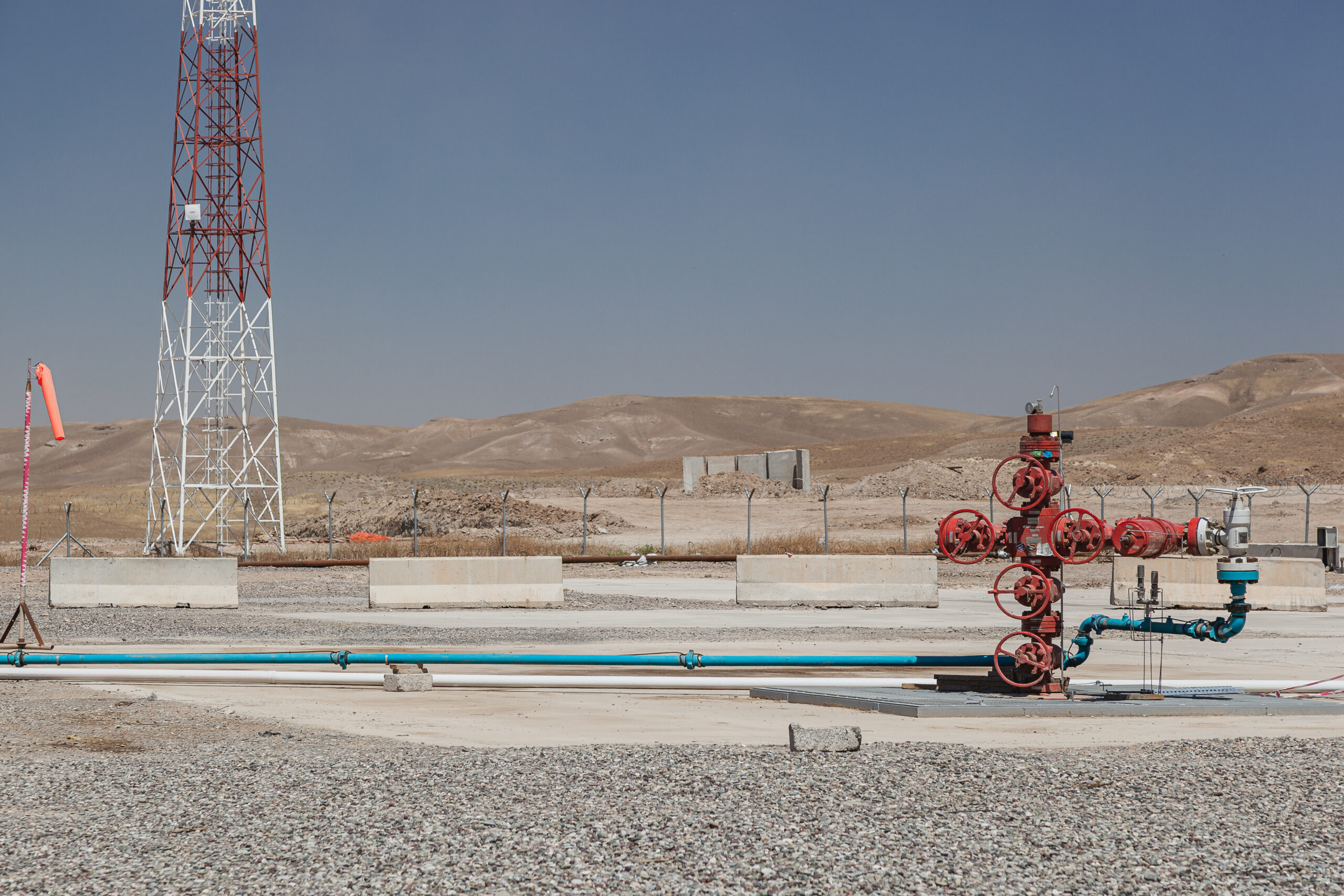UK leaves Energy Charter Treaty but risk of litigation remains
The UK government said in February that the country will leave the Energy Charter Treaty (ECT) after the failure of efforts to align it with net zero, joining nine EU Member States including France, Spain and the Netherlands.

The UK has left the Energy Charter Treaty, a controversial international treaty which allows oil and gas companies to sue governments over legislation restricting fossil fuels. While this is welcome news for environmentalists, risks that the government’s climate change efforts might lead to litigation remain, experts told Gas Outlook.
The UK’s withdrawal will formally take effect in one year’s time, removing protections for new investments after this period.
The decision “will support the UK’s transition to net zero and strengthen its energy security,” the UK government department for energy security and net zero said in a statement.
The ECT was designed to protect international investments in the energy sector, however over the years it has provoked criticism, with hundreds of cases being brought by companies against governments, leading to hefty compensations being awarded.
European countries had been leading a concerted effort to modernise the Treaty to bring it in line energy transition and net zero targets in recent months, however this has resulted in a stalemate, with the upcoming European Parliament elections in June this year likely to further delay the process, the statement said.
“The Energy Charter Treaty is outdated and in urgent need of reform but talks have stalled and sensible renewal looks increasingly unlikely,” the UK minister of State for energy security and net zero, Graham Stuart, said.
“Remaining a member would not support our transition to cleaner, cheaper energy, and could even penalise us for our world-leading efforts to deliver net zero,” he said.
“It is good that the UK is leaving the Energy Charter Treaty, which is a relic from another age,” Leo Mercer, a policy analyst at the Grantham Research Institute on Climate Change and the Environment, told Gas Outlook.
“It was designed to protect energy companies from capricious policy decisions that undermine their investments.”
“However, it has been abused by the oil and gas industry over the past few years who have used it to demand compensation for the transition to clean domestic energy and so have slowed down the pace of change, to the detriment of British consumers.”
Sunset clause
Despite the announcement being welcomed by environmental campaigners, the UK still remains exposed to litigation risk related to new legislation restricting fossil fuels, Matthew Weiniger, global chair of international arbitration practice at law firm Linklaters, told Gas Outlook.
Claims “may be prompted by policy changes such as coal or nuclear energy bans, reduction in electricity tariffs, cancellation of oil and gas pipeline projects and the removal of coal subsidies or tariff incentives,” he said.
“Other States have already seen these form the basis of claims under the ECT.”
“The ECT is the most litigated investment treaty in the world, and the UK’s decision should therefore be commended,” a researcher at climate think tank E3G told Gas Outlook.
“However, the UK still has over 80 investment treaties with investor-state dispute settlement (ISDS) provisions, which protect fossil fuel investments in the same way as the ECT.”
“As a result, the risk of ‘regulatory chill’ remains and the options for ambitious climate policies, such as stopping oil and gas production, could be curtailed.”
“Withdrawing from the ECT is only the beginning,” he continued.
“The UK should lead diplomatic efforts to make the wider investment regime compatible with net zero goals.”
While the UK has never been sued under the ECT, rules will also still apply until 2045, under the so-called ‘sunset clause.’
“This continued protection is a real threat to the UK delivering its climate ambitions, and previous cases brought under the ECT are a reminder that the UK could still be ordered to make extortionate payouts to fossil fuel companies,” Dilworth said.
A prominent example of that is Italy, which continues to face a number of claims despite having left the ECT in 2015.
The Rockhopper versus Italy case, which saw British-headquartered Rockhopper awarded €190 million in compensation for Italy’s decision to ban oil and gas exploration within 12 miles of the Italian coastline “was brought in 2017, more than a year after Italy had officially withdrawn from the ECT,” he said.
To address that, several EU Member States have argued that intra-EU claims cannot be brought under the Treaty’s dispute resolution mechanism.
While according to the EU Court of Justice, claims between EU countries are incompatible with EU law, most arbitral tribunals, which function under a system that’s completely separate from national and European courts, has rejected this view.
The ECT also allows investors to seek compensation for the loss of future profits, and not just actual sustained losses.
“Conventional energy projects entail a huge upfront investment which is typically recouped over a long project life-cycle,” Weininger said.
“The ECT requires that investors be compensated for the ‘fair market value’ of the investment,” he explained.
“Arbitral tribunals look to compute the future profits or revenues that a project may have yielded across its full projected life cycle.”
“When you add up the expected profits over many years into the future you end up with a very large figure.”



